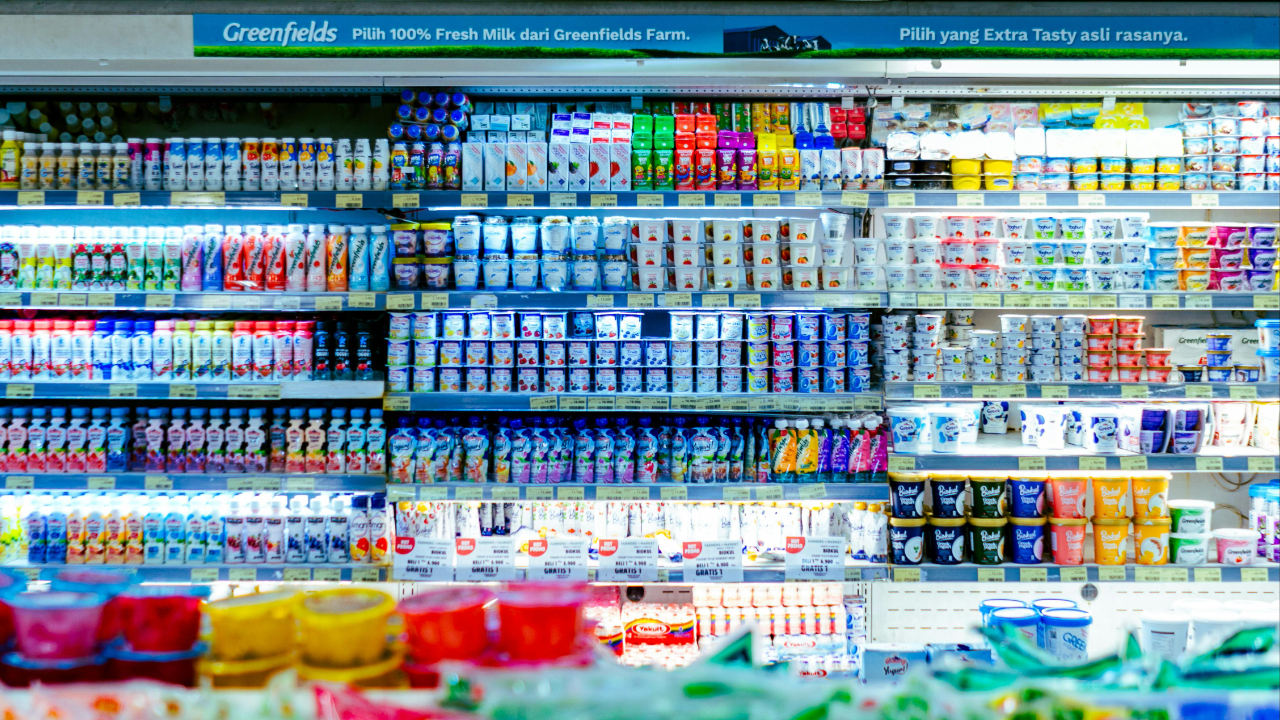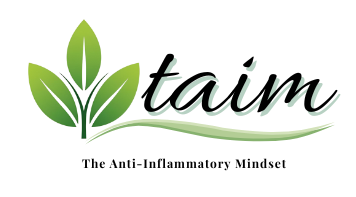Does Dairy Really Make Eczema Worse? What Science Says
Oct 31, 2025
When you’re living with eczema, food often feels like the enemy. Many people wonder if dairy — milk, cheese, yogurt, or ice cream — is making their skin worse. You may have even heard someone say, “Cut out dairy and your eczema will clear up.”
But is that really true? Let’s dig into the science, the myths, and the real connection between dairy and eczema.
Why Dairy Gets Blamed
Dairy is one of the most common food groups linked to inflammation, and since eczema itself is an inflammatory condition, it makes sense why people point fingers at it. But there’s more to the story:
- Cow’s milk allergy (CMA): Common in children, this allergy can cause skin rashes, hives, or worsening eczema.
- Lactose intolerance: Not an allergy, but can still disrupt gut health and increase overall inflammation.
- Individual sensitivity: Some people simply react to dairy with itchy skin or flare-ups, even without a diagnosed allergy.
What the Research Actually Shows
- Children: Studies confirm that in kids with a diagnosed milk allergy, removing dairy often reduces eczema flare-ups.
- Adults: The evidence is less clear. While some adults notice skin improvements when avoiding dairy, others see no change at all.
- Fermented dairy (like yogurt and kefir): These foods may actually help eczema in some cases because they contain probiotics that support gut health — and a healthy gut plays a role in reducing inflammation.
👉 In short: Dairy isn’t a guaranteed trigger for eczema, but it can be a problem for certain individuals.
Should You Cut Out Dairy?
Instead of eliminating dairy forever without guidance, a smarter approach is to test your tolerance:
- Try a short elimination diet. Remove dairy for 3–4 weeks while tracking your eczema symptoms.
- Reintroduce slowly. Add dairy back one food at a time (like milk, then cheese, then yogurt) to see if flare-ups return.
- Check with a professional. A dermatologist or dietitian can help you avoid nutrient gaps if you cut out dairy long-term.
Dairy-Free Alternatives
If you discover dairy really is a trigger, there are plenty of skin-friendly swaps:
- Milks: Almond, oat, coconut, hemp, or pea milk (many fortified with calcium + vitamin D).
- Yogurt: Coconut, almond, or soy-based yogurts, some with probiotics.
- Cheese: Nut- and soy-based options, or nutritional yeast for a “cheesy” flavor.
Dairy doesn’t automatically make eczema worse — but for some people, it can trigger flare-ups or keep skin from fully healing. The key is paying attention to your body, testing your own tolerance, and making decisions based on how your skin responds, not just popular advice.
Eczema is deeply personal, and so is your diet. With a little observation and the right swaps, you can enjoy food freedom and calmer skin.
GET THIS FOR FREE!
The Ultimate Anti-Inflammatory Recipe Guide: Clear Your Skin & Boost Your Health Naturally
We hate SPAM. We will never sell your information, for any reason.


